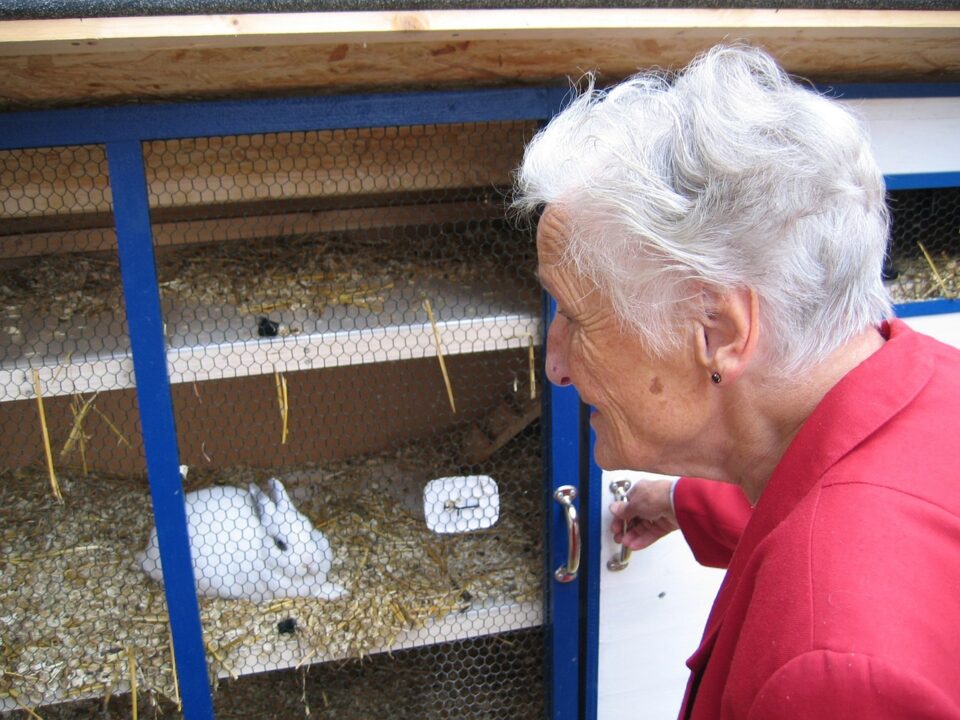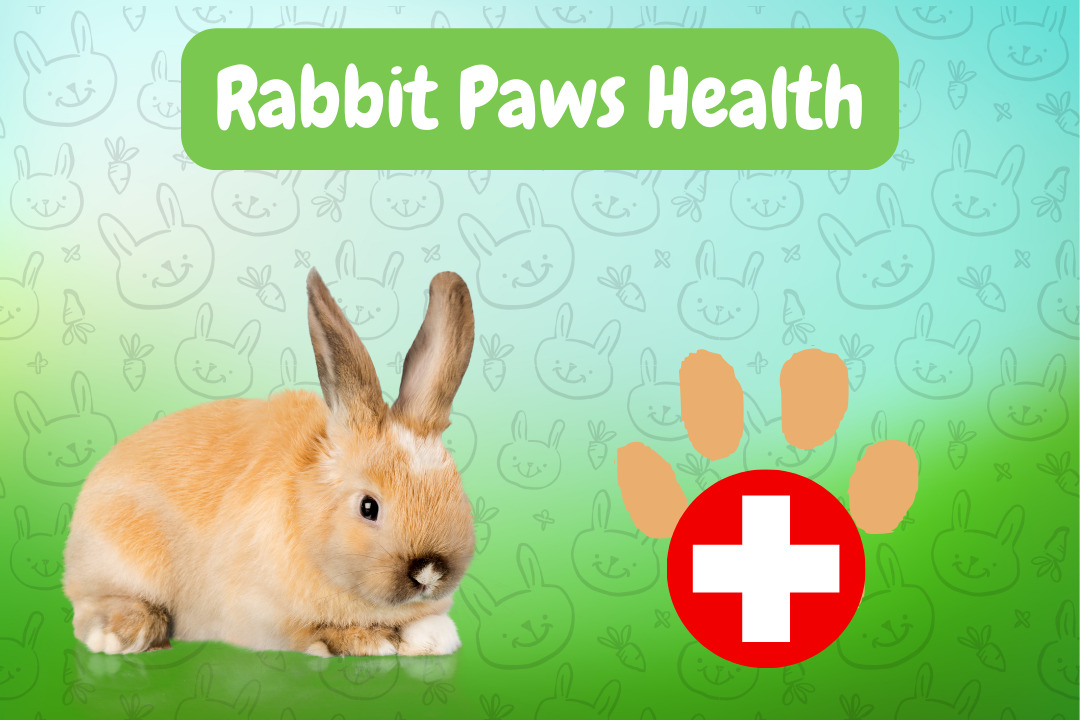Contents
- 1 Understanding Common Rabbit Health Issues: A Comprehensive Guide
- 1.1 Introduction: Taking Care of Your Rabbit’s Health
- 1.2 Dental Problems: Trouble in the Teeth
- 1.3 Gastrointestinal Stasis: When Tummies Get Slow
- 1.4 Respiratory Issues: Hard Time Breathing
- 1.5 Parasitic Infestations: Unwanted Visitors
- 1.6 Urinary Tract Problems: When It’s Hard to Go
- 1.7 Nails That Get Too Long: Watch Those Nails
- 1.8 Conclusion: Being a Rabbit Health Hero
Understanding Common Rabbit Health Issues: A Comprehensive Guide
Introduction: Taking Care of Your Rabbit’s Health
Rabbits are adorable and lovable pets, but like all animals, they can face health challenges. As a rabbit owner, it’s essential to be aware of common health issues that your furry friend might encounter. This comprehensive guide will provide insights into these issues, enabling you to recognize symptoms, take preventive measures, and seek appropriate care when needed.
Raising a rabbit involves not only providing food and shelter but also understanding their health needs. By familiarizing yourself with common health problems, you’ll be better equipped to ensure the well-being of your beloved pet. Regular check-ups, a healthy diet, proper hygiene, and a watchful eye can go a long way in keeping your rabbit happy and thriving.
In the following sections, we’ll delve into specific rabbit health issues that rabbits might face and explore ways to identify, prevent, and address these challenges. Remember, being a responsible rabbit owner means being attuned to your pet’s health and taking action to maintain their quality of life.
Dental Problems: Trouble in the Teeth
Rabbit dental health is crucial for their overall well-being. Their teeth grow continuously, and sometimes they can grow unevenly, leading to dental problems. Malocclusion, where the teeth don’t align properly, can result in sharp points that hurt the rabbit’s mouth. Signs of dental issues include drooling, difficulty eating, and weight loss. If you notice any of these signs, it’s essential to consult a veterinarian experienced in treating rabbits.
To prevent dental problems, provide your rabbit with a balanced diet rich in hay, which encourages natural chewing and helps wear down their teeth. Regular dental check-ups are vital, as a vet can identify and address dental issues early on. Ensuring proper dental care not only helps prevent discomfort but also contributes to your rabbit’s overall health and happiness.
Grooming your rabbit also plays a role in dental rabbit health issues, as unkempt fur around the mouth can hide dental issues. Regularly examine your rabbit’s teeth, offer appropriate toys to encourage chewing, and consult your vet for guidance on maintaining optimal dental hygiene for your furry friend.
Gastrointestinal Stasis: When Tummies Get Slow
Gastrointestinal stasis, commonly referred to as GI stasis, is a serious condition that affects a rabbit’s digestive system. It occurs when the normal movement of food through the digestive tract slows down or stops altogether. This can be caused by factors such as an improper diet, lack of exercise, stress, or pain. GI stasis can be life-threatening if not addressed promptly.
Recognizing the signs of GI stasis is essential for early intervention. Symptoms may include a decreased appetite, reduced or no stool production, lethargy, and discomfort. If you observe these symptoms, it’s crucial to seek veterinary care immediately. Your vet can recommend appropriate treatments, which may include medications, syringe feeding, and encouraging movement to stimulate the digestive system.
Prevention is key when it comes to GI stasis. Provide your rabbit with a high-fiber diet consisting of fresh hay, fresh vegetables, and limited pellets. Ensure they have plenty of opportunities for exercise and mental stimulation. Regular bonding time and a stress-free environment can also contribute to preventing this condition. By maintaining a balanced diet, providing adequate exercise, and closely monitoring your rabbit’s behavior, you can significantly reduce the risk of GI stasis and support their digestive health.
Respiratory Issues: Hard Time Breathing
Rabbits are sensitive creatures, and their respiratory systems can be vulnerable to various environmental factors. Respiratory issues can manifest as sneezing, nasal discharge, labored breathing, and a rattling sound while breathing. These symptoms may indicate an underlying respiratory infection that requires attention.
Preventing respiratory problems begins with creating a clean and well-ventilated living environment for your rabbit. Avoid exposing them to drafts, dampness, and irritants such as cigarette smoke or strong odors. Adequate ventilation and maintaining a comfortable temperature can help reduce the risk of respiratory issues. If your rabbit displays any signs of breathing difficulties, consult a veterinarian who specializes in rabbit care for a proper diagnosis and treatment plan.
It’s important to remember that respiratory problems can quickly escalate if not addressed promptly. Early intervention, a clean living space, and regular health check-ups are key to maintaining your rabbit’s respiratory health. By being attentive to their environment and seeking veterinary care when needed, you can help ensure your rabbit breathes comfortably and stays healthy.
Parasitic Infestations: Unwanted Visitors
Parasites are unwelcome guests that can cause discomfort and health issues for rabbits. External parasites, such as mites and fleas, can lead to itching, fur loss, and skin irritation. Internal parasites, including worms, can affect the digestive system and overall well-being of your pet. Detecting and addressing these infestations promptly is crucial for your rabbit’s health.
Regular grooming practices, including brushing and inspecting your rabbit’s fur, can help you identify external parasites. If you notice scratching, fur loss, or changes in behavior, consult your veterinarian. Effective treatments and preventive measures, such as using appropriate parasiticides and maintaining a clean living environment, can help keep parasites at bay.
Internal parasites can sometimes be more challenging to detect, as symptoms may vary. Regular veterinary check-ups, fecal examinations, and deworming protocols recommended by your vet can help prevent and manage internal parasitic infestations. By staying vigilant and ensuring proper hygiene, you can minimize the risk of parasitic troubles and promote your rabbit’s overall well-being.
Urinary Tract Problems: When It’s Hard to Go
Rabbits can sometimes face challenges with their urinary tract, which can be uncomfortable and distressing. Urinary problems might include issues like urinary sludge or bladder stones. These conditions can lead to difficulty urinating, blood in the urine, and changes in behavior. Recognizing the signs and taking timely action is essential to ensure your rabbit’s comfort and health.
One way to support urinary tract health is by providing your rabbit with plenty of fresh water. Hydration plays a role in preventing the formation of urinary sludge and stones. Additionally, a balanced diet that includes a good amount of hay can contribute to urinary health. The natural fiber in hay helps maintain proper gut function and prevents calcium buildup that can lead to urinary problems.
If you suspect your rabbit is experiencing urinary tract issues, consult a veterinarian who specializes in rabbit care. They can conduct necessary tests to diagnose the problem and recommend an appropriate treatment plan. By staying attentive to your rabbit’s urinary habits and making dietary adjustments, you can play a significant role in promoting their urinary tract well-being.
Nails That Get Too Long: Watch Those Nails
Keeping an eye on your rabbit’s nails is another important aspect of their health. Rabbits’ nails grow continuously, and if they get too long, they can cause discomfort and problems. Overgrown nails might become entangled in things or cause your rabbit to have trouble walking normally. Regular nail maintenance is a simple but essential aspect of rabbit care.
Trimming your rabbit’s nails is a skill that you can learn with practice. It’s important to do it carefully to avoid hurting your rabbit. If you’re unsure about trimming nails, your veterinarian can demonstrate the process and provide guidance. Trimming a small portion of the nail at a time is a safe approach. By staying consistent with nail care, you can help your rabbit maintain comfortable mobility and reduce the risk of accidental injury.
In addition to nail trimming, providing suitable surfaces for your rabbit to naturally wear down their nails can be beneficial. This can include rough-textured items and platforms that encourage your rabbit to scratch and groom themselves. By addressing nail length regularly and promoting natural wear, you’re contributing to your rabbit’s overall comfort and preventing potential problems.
Conclusion: Being a Rabbit Health Hero
Becoming familiar with common rabbit health issues empowers you to be a superhero for your furry companion. Your rabbit relies on you to recognize signs of discomfort, seek medical help when needed, and provide a safe and nurturing environment. Regular veterinary visits, proper nutrition, maintaining hygiene, and spending quality time together all play crucial roles in ensuring your rabbit’s health and happiness.
As a rabbit owner, your attentiveness and care can make a significant difference in your pet’s well-being. Keep learning, stay observant, and take pride in being a responsible guardian for your beloved bunny. By staying informed and taking proactive measures, you’re giving your rabbit the best chance at a long, healthy, and joyful life by your side.

